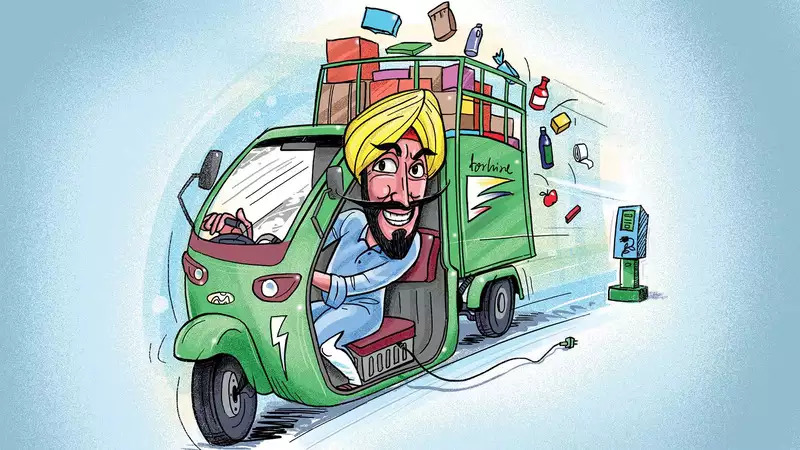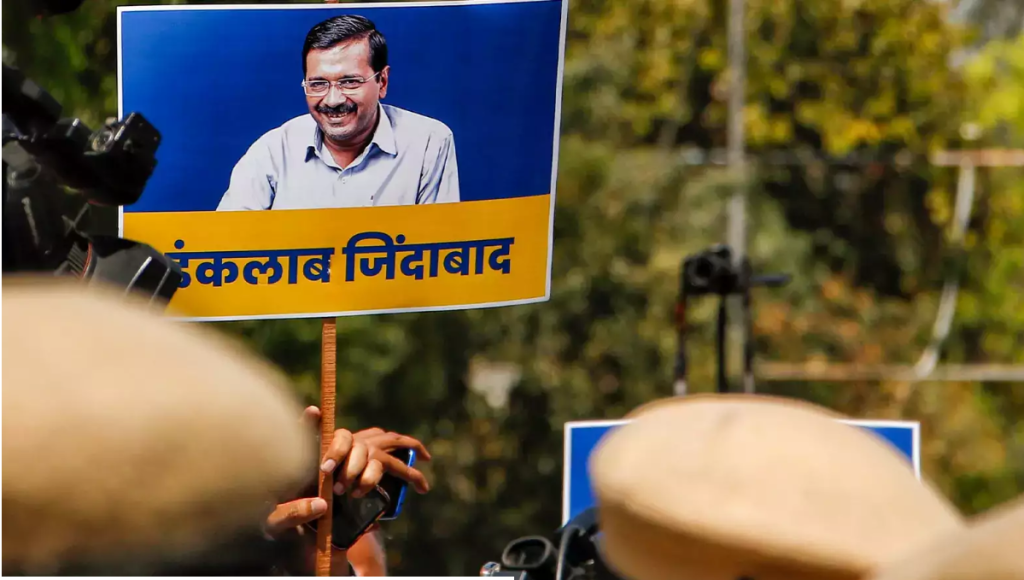Most budgets are dominated by tax rates and high finance. But Budget 2011 will be dominated by inflation and corruption, the current two political hot potatoes. Finance Minister Pranab Mukherjee will have to announce tax and administrative changes to curb prices and black money.
At the same time, he will try to enthuse investors by restricting fiscal deficit to maybe 5% this year and 4.5% next year, well below existing targets.
To compensate for inflation, income-tax relief is certain, especially for lower income brackets. The tax exemption limit will be raised from the current Rs 1.6 lakh to maybe Rs 1.8 lakh, and further to Rs 2 lakh next year (as already envisaged in the Direct Tax Code).
Additional tax breaks may be given to citizens on fixed pensions. The scope of tax-free savings instruments may also be expanded.
Abolishing the surcharge on corporate tax is possible if simultaneously the minimum alternative tax (MAT) is raised from 18% to 20%. This has been promised by the DTC, and so may be implemented only in 2012-13.
Anti-inflation urgency means cuts in import duty on crude or excise duties on petroleum products are inevitable. Such cuts will enable oil marketing companies to absorb some of their higher costs and not pass them on entirely to consumers. Excise duties on some other essential goods could also be cut.
Mukherjee wants to roll back the fiscal stimulus of 2008 and 2009, when excise and import duties were cut sharply. But given inflation, he may stick to the existing excise rates. The central tax on goods and services has already been equated at 10% for most items.
Some experts want the unified rate to come down to 8%, in preparation of the transition to a Goods and Services Tax. But GST still looks some way off, and Mukherjee needs revenue for expanded welfare programmes and fiscal consolidation. He may cut the central sales tax from 2% to 1%, though he will have to compensate states for lost revenue.
The public is sceptical of the government’s resolve to tackle corruption and black money , but Mukherjee will have to produce a list of schemes to curb both. He has already talked of a five-point programme, but got a tepid response. He will need to do better on budget day. The anti-corruption mood means proposals for another tax amnesty scheme will be mothballed.
He will greatly increase outlays for the new Food Security Act. The food subsidy looks like touching Rs 80,000 crore this year against the budgeted Rs 55,000 crore. Implementing the Food Security Act may raise it further to around Rs 1 lakh crore.
Fiscal deficit at 5%
Indexation of wages in NREGA will also require an increase of Rs 15,000 crore. Additional funding will be needed for education and Bharat Nirman.
Will spending more and cutting tax rates increase the fiscal deficit? No, the boom in tax collections, combined with windfalls from the sale of spectrum may enable Mr Mukherjee to announce that this year’s fiscal deficit is only 5% of GDP, against the budgeted 5.5%.
Tax collections are up 27% against the budgeted 18%, and the fiscal deficit in April-December was less than half the deficit in the same period last year. Spectrum auctions fetched Rs 106,000 crore, and disinvestment may just touch the budgeted Rs 40,000 crore, though that depends on an ONGC issue by the end of the fiscal year.
Next year too, Mr Mukherjee can aim for a continuing revenue boom and equally high disinvestment inflow. So, in 2011-12, he can aim for a fiscal deficit of just 4.5%, below the medium-term target of 4.8%. The true deficit may be higher because of off-budget government arrears to oil marketing companies, fertiliser companies and the Food Corporation.
If oil goes well beyond $100/barrel, the off-budget deficit will swell. Yet it may not exceed 0.5-0.75% of GDP. In which case, markets will be delighted.





hello sir ,
would you please highlight that Direct Tax Code
with its own merits and demerits .
Thanks